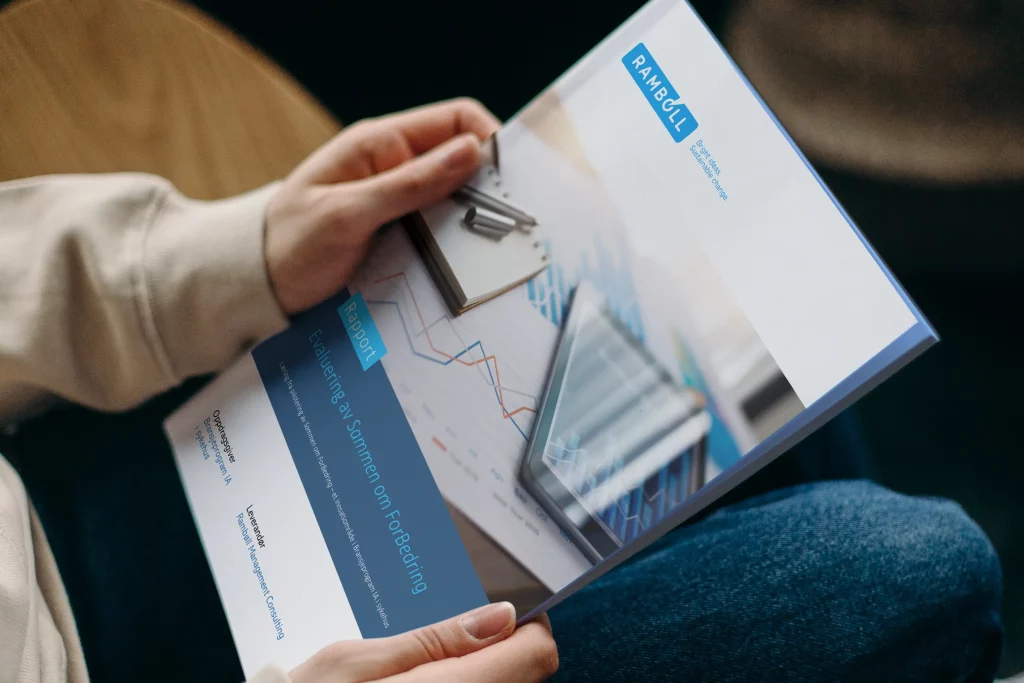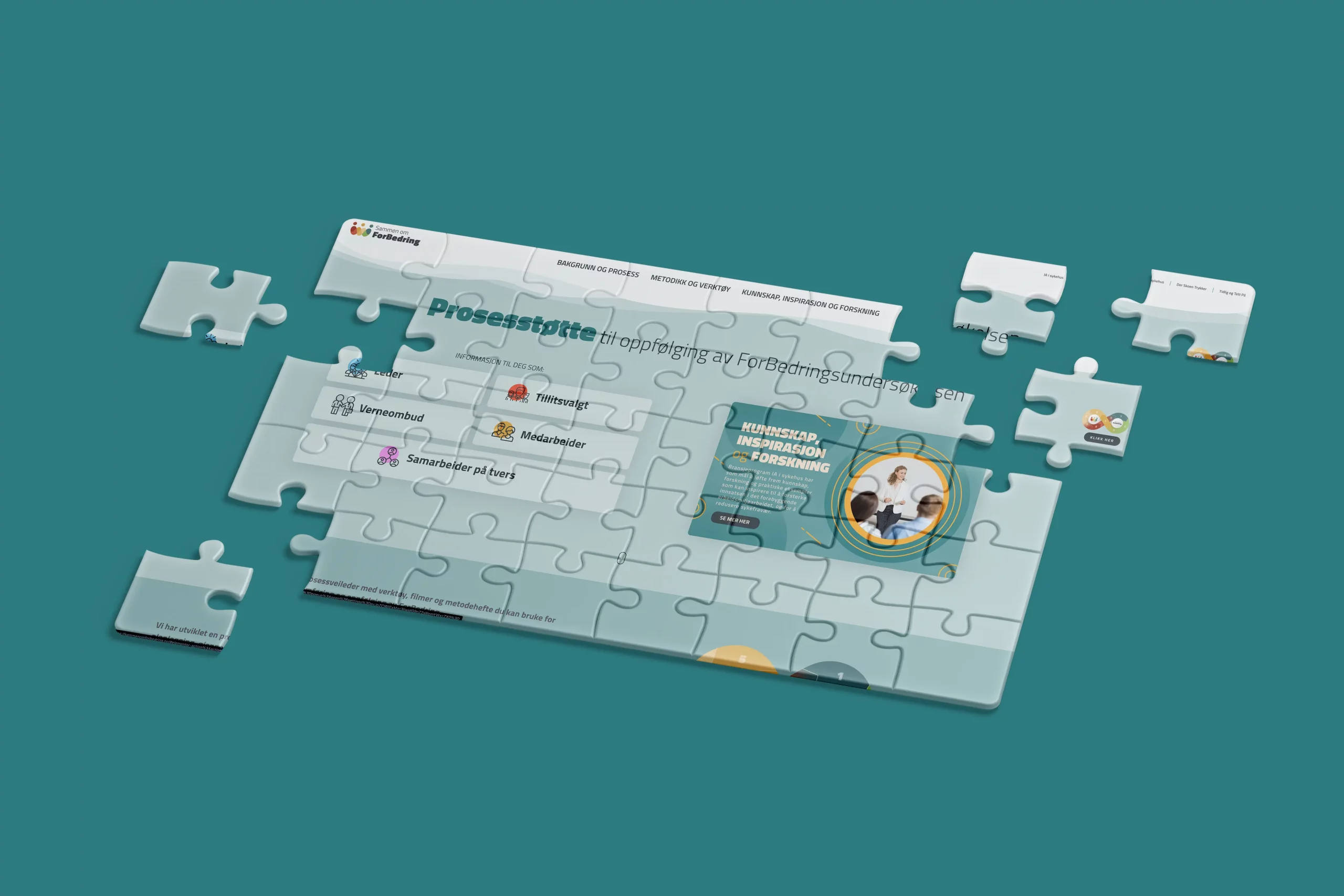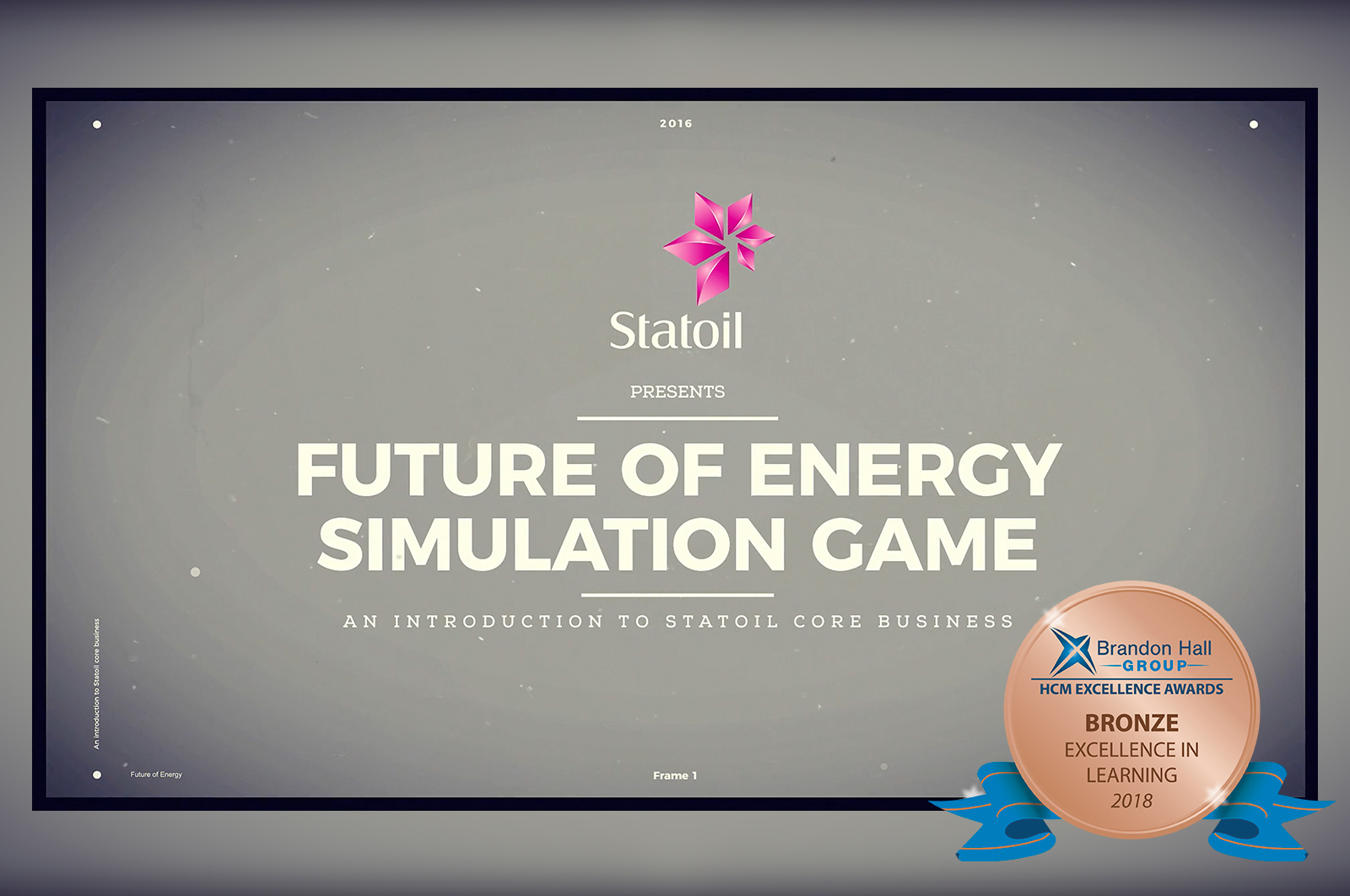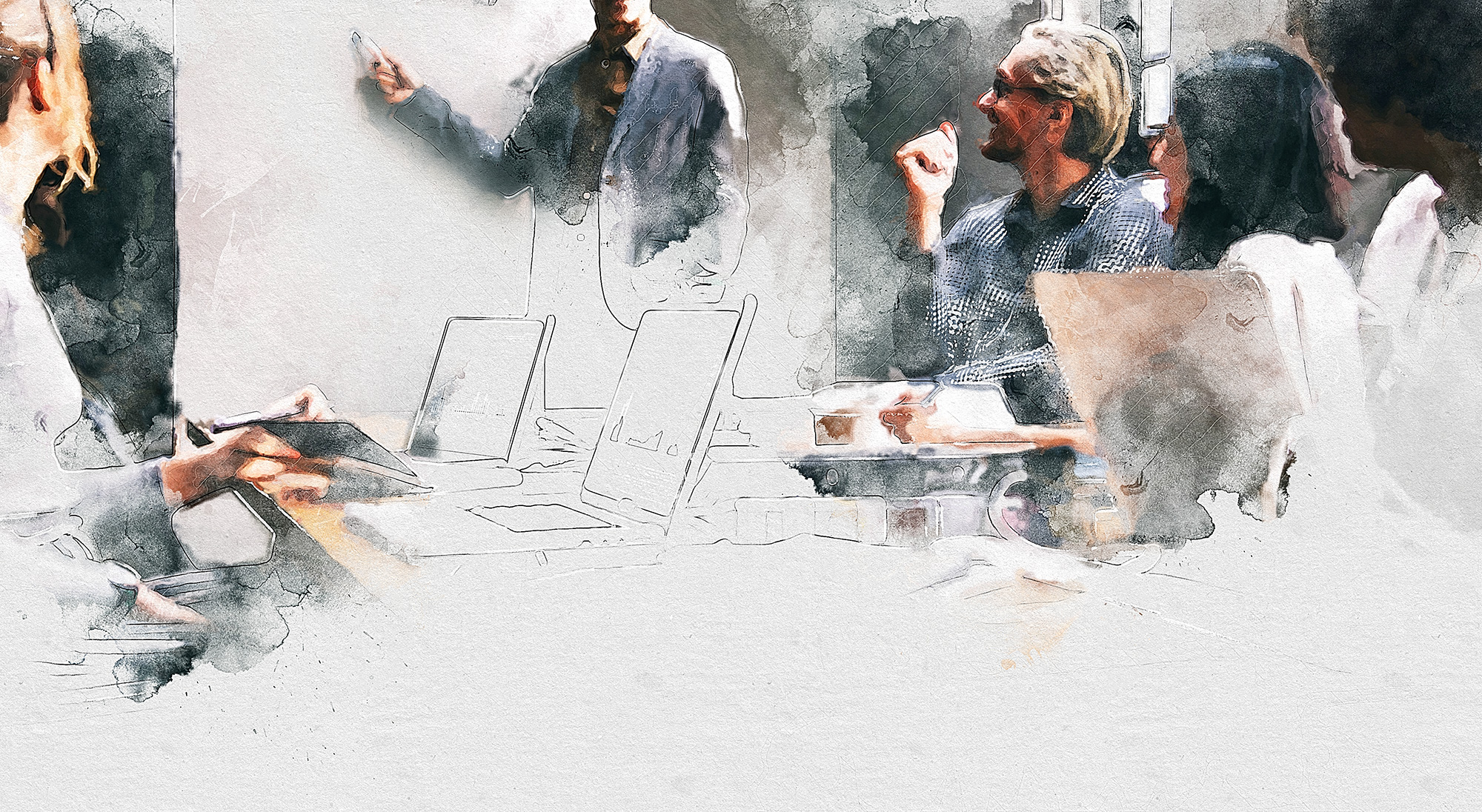The evaluation of ‘Collaborating for Progress‘ demonstrates that systematic work with the work environment delivers real results – especially when people are provided with the necessary tools and resources.
How can we follow up on surveys and feedback in a way that drives actual change? What happens when managers, union representatives, and employees come together to understand, prioritise, and take action as a team – instead of just answering a survey of ambiguous questions once a year?
These are the types of questions ‘Collaborating for Progress’ was designed to explore. Following a year-long pilot in three different hospitals, Rambøll Management Consulting has conducted a thorough evaluation of the program.
Spoiler alert: The methodology works. But it has the greatest effect when people are empowered and supported, and when the follow-up becomes a continuous process.
From toolbox to transformative practice
The ‘Collaboration for Progress’ methodology includes a variety of practical tools: a process guide, conversation cards, a dialogue mat, films, a dedicated website, and a comprehensive manual. These resources are designed to help managers and employees transform insights for the annual employee survey into concrete, lasting improvements.
In collaboration with the industry program IA in Hospitals, Specifique contributed to the development and design of both the methodology and its tools.
The evaluation from Rambøll shows that this approach works. It leads to stronger collaboration between parties, more systematic follow-up, and greater trust and engagement throughout the organisation. The dialogue mat in particular is highlighted as a simple, yet powerful tool that lowers barriers and strengthens dialogue between key stakeholders.
Our experience is that the method simplifies, ensures buy-in, and fosters continuous improvement.
- HR
Key findings
The methodology delivers results. Rambøll’s evaluation confirms that ‘Collaborating for Progress’ leads to stronger organisations, deeper collaboration, and a more structured approach towards improving the work environment when implemented at all levels.
The most surprising finding? That a tool as simple as a dialogue mat could spark such profound organisational change. Multiple managers and union representatives describe how the tool helps build trust, encourages openness, and shift perspectives:
One manager told me: ‘I used to think of the union rep as a roadblock – but now I see you as a partner.’
- Union representative
Small, thoughtful interventions can make a big difference, especially when they foster reflection, accountability, and shared understanding.
Building trust takes time – but it’s worth it
Rambøll’s report underscores that improvement is a process of maturation. It takes time. It requires commitment from leaders, employees, and systems alike, and all stakeholders need to work together to succeed. But when it works, a healthy work environment becomes more than just a goal: it becomes a shared direction.
These findings confirm a core belief we hold at Specifique: that real change happens when people are actively involved. When processes foster insight, experience sharing, and accountability, and when the methodology serves as a practical support, not just a theoretical framework, lasting change can be achieved.






